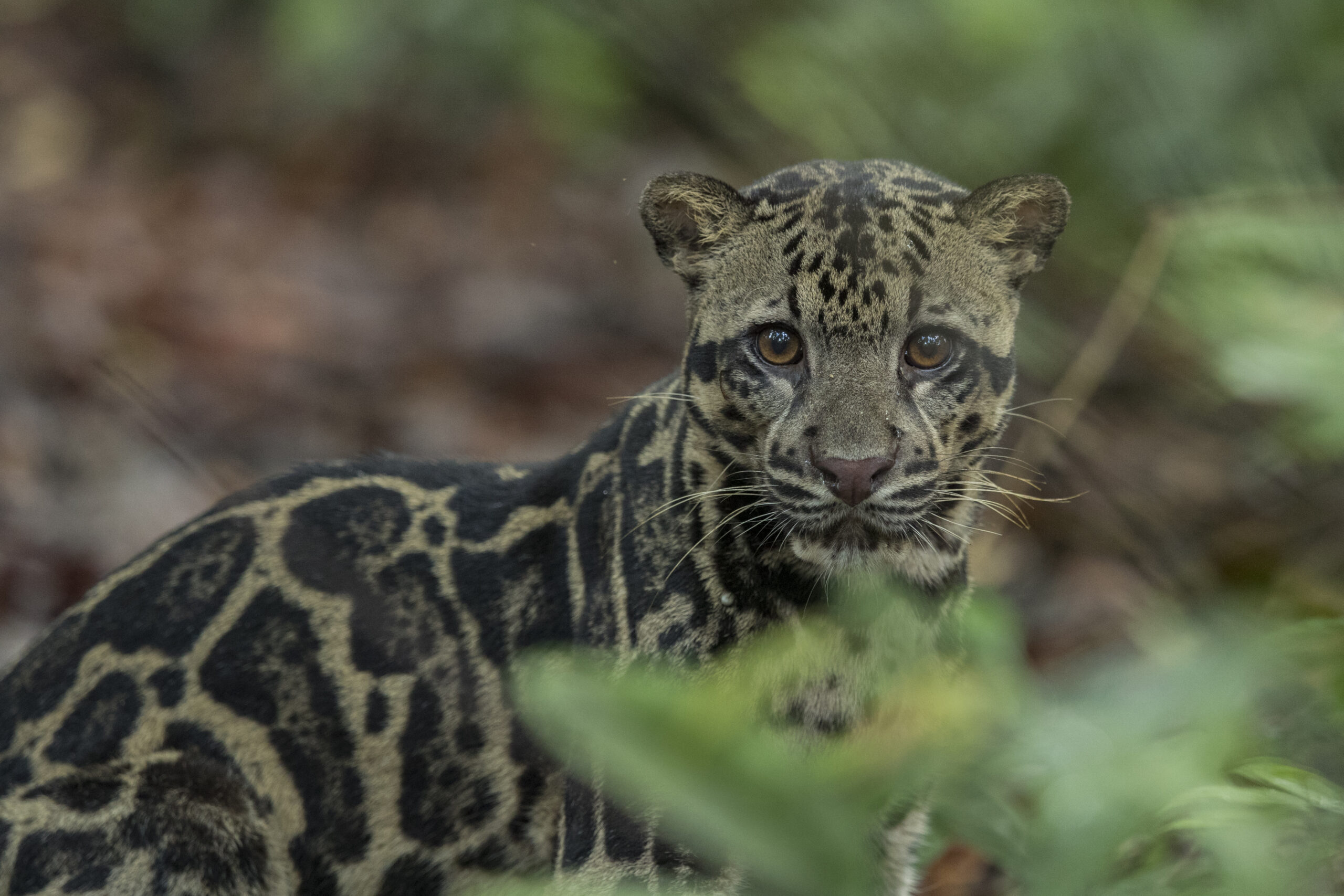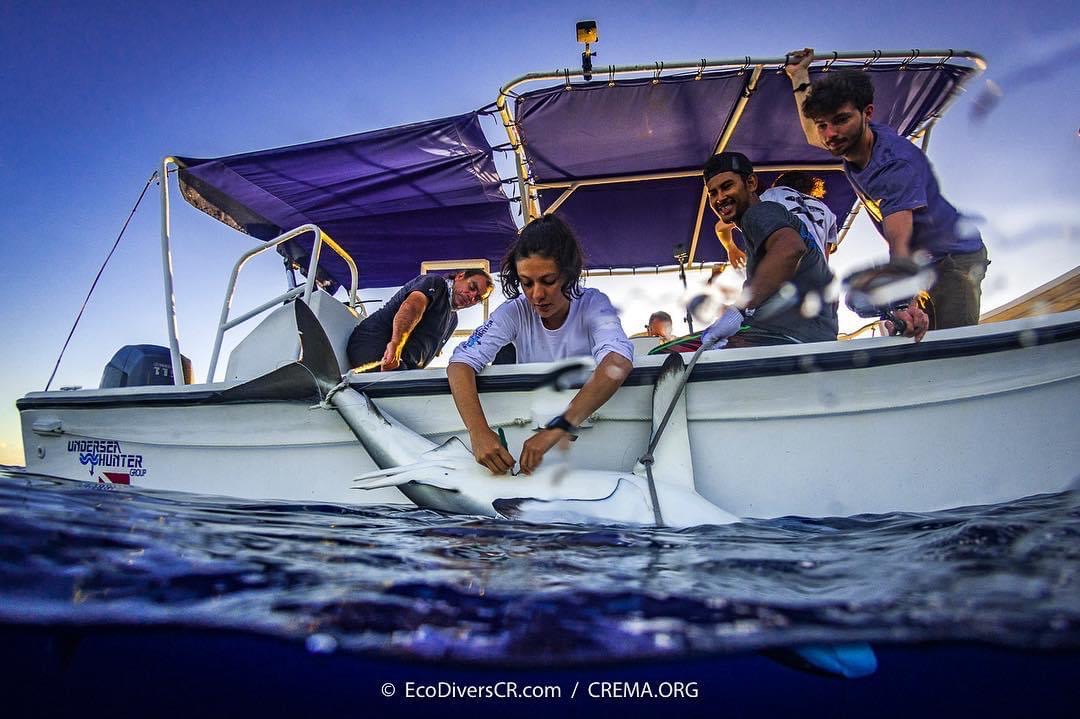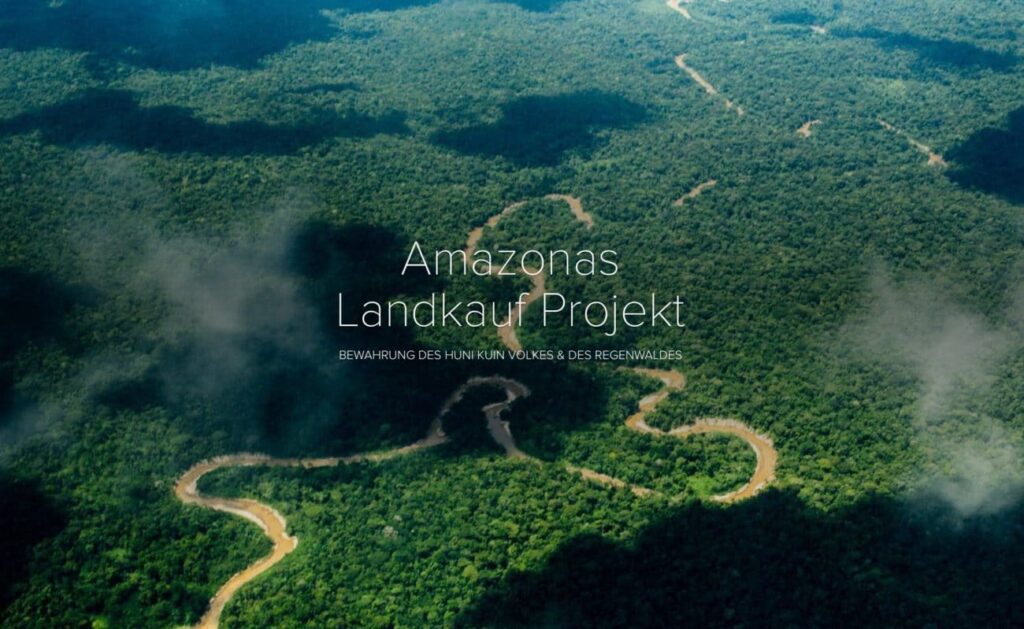Our Projects
Help for the Gibbons of Borneo

East Bornean Grey Gibbon. © Charles Ryan
The East Bornean Grey Gibbon (Hylobates funereus) is one of the rarest primate species in the world. They are classified as critically endangered according to the IUCN and urgently need our help. Our gibbon aid has the best chances to become the biggest Nepada project so far.
Forest fires: Emergency aid for the indigenous Tenharim in Amazonia

During fall 2019, terrible forest fires swept through the rainforests of Amazonia, including the Tenharim territory in the southwestern Amazon forest of Brazil. The fires got out of control and engulfed forest and important ritual place of the 1,000-members indigenous community.
The Tenharim were denied any government aid for the firefighting efforts. Together with the journalist and South America correspondent Thomas Fischermann, we started an emergency aid for the desperate indigenous people. With your help we were able to collect a total of 13,200 Euros in donations for the Tenharim and hand them over to the tribal chiefs. As a thank you for the great help and solidarity from Germany, the Tenharim sent us exclusive video footage from Brazil.
Project archive
Here you can find previous projects that we have supported on the ground and with your donations:
Sunda Clouded Leopard Conservation

Sunda Clouded Leopard. © Charles Ryan
Despite the difficult circumstances on Borneo due to the Covid-19 crisis and Hannah’s abrupt departure from the rainforest, we were able to leave a good portion of our help on the island: With your support, we donated €2,500 to the Wildlife Conservation Research Unit’s (WildCRU) Bornean Carnivore Program for clouded leopard conservation in Sabah, Borneo. For this we would like to thank especially the Summer Salon at the Clubhouse for the fabulous WILD LOVE Charity Party, as well as all supporting members of our association!
Bull Sharks in Costa Rica

Elpis Joan is tagging a bull shark with an acoustic receiver. © EcoDiversCR.com
In June 2019, we visited the marine conservation organization CREMA in Costa Rica and worked with marine biologist Elpis Joan with bull sharks off the Pacific coast. Thanks to your great 2,000 Euro donations, we were able to fund the NGO a new acoustic receiver, as well as new transmitters for their research. A huge thank you goes out to all the donors and supporters who care as much about protecting our oceans as we do.
Land Purchase Amazonas

© Living-Gaia.org
Nepada had the opportunity to travel to Amazonia in 2019 and experience the most biodiverse forests, rarest animals and wonderful indigenous people. All the more shocking the subsequent election results of an ultra-right president who wants to promote deforestation in the Amazon and dissolve reserves of indigenous communities.
With the project “Land Purchase Amazon” we supported the association Living Gaia to buy 50 hectares of land for the indigenous tribe of the Huni Kuin in Acre, Brazil, which will be reforested and provide a home for the Huni Kuin. Basically, the idea is to buy land in the Amazon to bring it into private ownership to protect it from exploitation and provide a permanent habitat for the indigenous people. What the reserves have provided so far will no longer be secure in the future: now being state-owned and endangered. Thanks to you, we were able to donate 2,500 euros to the association to support the purchase of land in Brazil. Thank you for your contribution to make this world a little bit greener.
Wild Scarlet Macaws in Guatemala

The scarlet macaw (Ara macao macao) is one of the world’s largest macaws and is widely distributed from Mexico to Brazil. However, there is a Central American subspecies of the scarlet macaw (Ara macao cyanoptera) that is extremely endangered. There are only about 1000 individuals left in the Latin American countries of Mexico, Belize, Guatemala, Honduras and Nicaragua. The reason for the radical decline of the majestic macaws is poaching and the loss of their habitat – the main causes are forest fires started by humans, cattle farming, which is widespread in Guatemala, and the growing settlements and cities. This extreme decline of the rainforest has almost led to extinction of the colorful birds in recent years.
The Wildlife Conservation Society Guatemela (WCS Guatemala) works in the rainforest of Petén, the main breeding region of the macaws. Their research focuses on the Laguna del Tigre National Park in the Maya Biosphere Reserve (MBR). With 2.1 million hectares, it is the largest nature reserve in Central America, a world-famous cultural heritage and a real hotspot for biodiversity. Unfortunately, the region has been subject to heavy deforestation for years. In the last eight years alone, the macaw population here has dropped to 250 individuals.
Thanks to you, a fabulous 1,700 euros in donations have been collected for the macaws in Guatemala. Our chairwoman Hannah Emde was able to hand over the money to WCS Guatemala herself. She reports: “We were able to buy urgently needed utensils for the breeding of the macaw chicks, to finance a new (functional) climbing equipment and to support the salary of the field technicians. THANK YOU for your efforts!”


